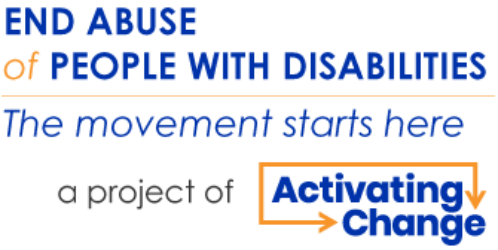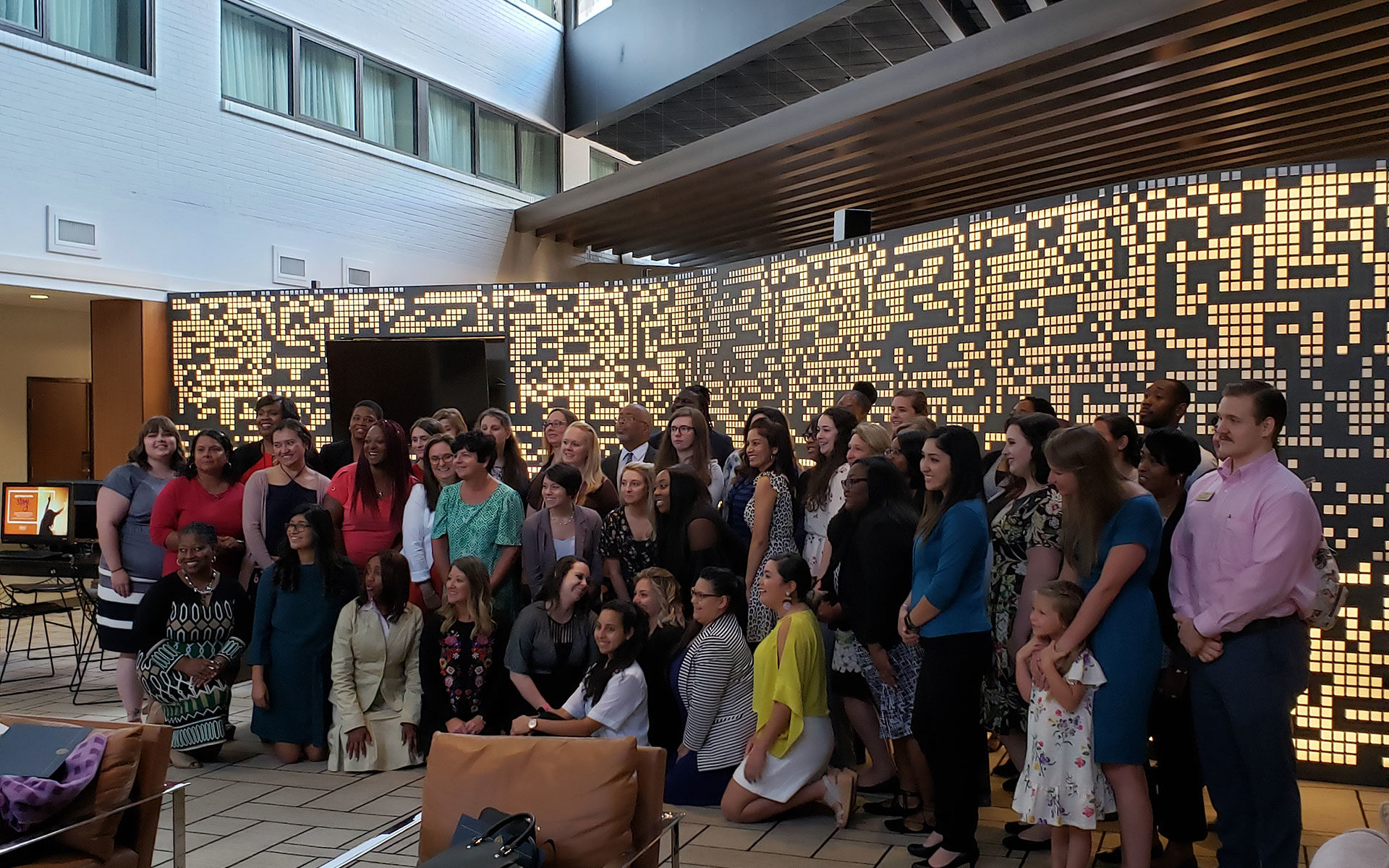The past year has brought unprecedented challenges and evolving landscapes for all of us. For those who were already underserved – such as survivors with disabilities – COVID-19 amplified the barriers that exist to have their healing and justice support needs met, and further increased their experiences of isolation. Providers have leveraged their creativity, flexibility and relationships to adapt and ensure that survivors with disabilities were able to sustain services during this difficult time.
Join us for this panel discussion, where participants will hear from providers on the strategies they used to sustain services to survivors with disabilities during the COVID-19 pandemic. Panelists will also explore the enduring challenges survivors with disabilities face as this health crisis continues, and their hopes for the future.
Deaf individuals in the U.S. experience rates of domestic and/or sexual violence equal to or higher than hearing individuals, with emerging research pointing to rates twice that of hearing individuals. From 911 systems that only take phone calls to victim service providers not providing American Sign Language interpreters, Deaf survivors routinely face barriers when reaching out for help. Through this conversation with Deaf advocates, you will gain insight into the experiences of Deaf survivors, get a better understanding of the barriers they encounter, and practical information on how to better meet the needs of Deaf survivors.
Research has shown that people with disabilities experience increased risk of domestic and sexual violence compared to people without disabilities. They also experience unique challenges in receiving healing and support, everything from receiving outreach for services through participating in programming. This conversation will help you begin to understand the unique dynamics of sexual and domestic violence in the lives of people with disabilities and the barriers they face when seeking services. You will also receive practical guidance for making your services safer and more accessible for all!
People with disabilities are more likely to experience sex trafficking than their peers. Traffickers deliberately target victims they think will be easily isolated and controlled, so conditions surrounding people with disabilities, including the fact that they are marginalized, devalued, and isolated, make people with disabilities more vulnerable to this type of abuse. A trauma-informed approach to supporting sex trafficking survivors with disabilities recognizes signs and symptoms of trauma, resists re-traumatizing survivors, and provides safe and accessible services and healing. This webinar will describe the importance of using a trauma-informed approach to supporting survivors of sex trafficking with disabilities and provide attendees with skills to more effectively support these survivors.
Welcome to WordPress. This is your first post. Edit or delete it, then start writing!


